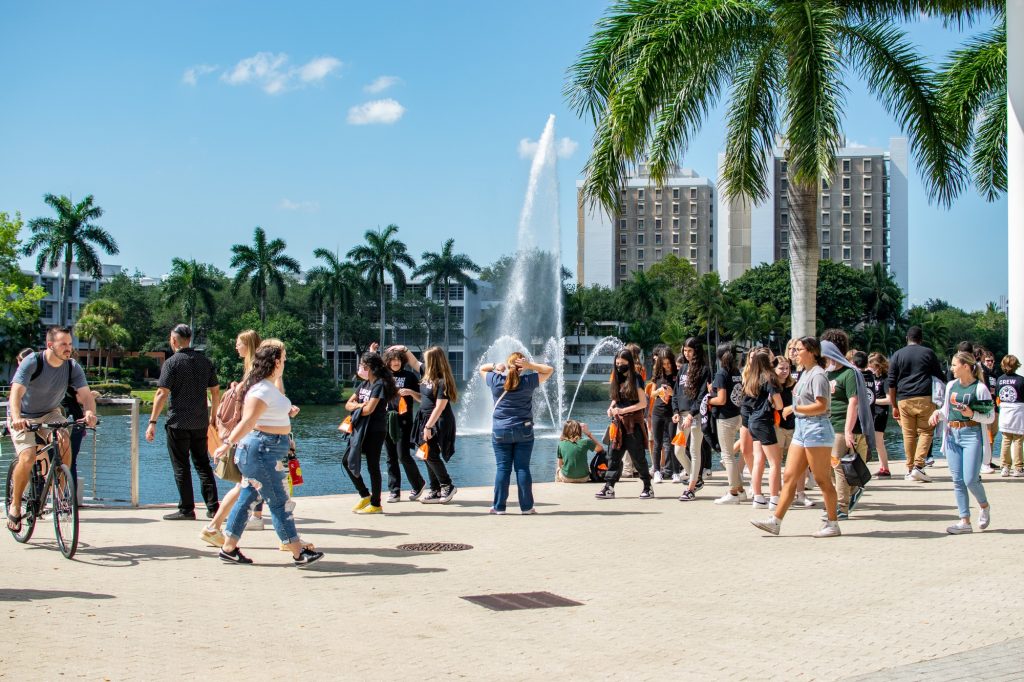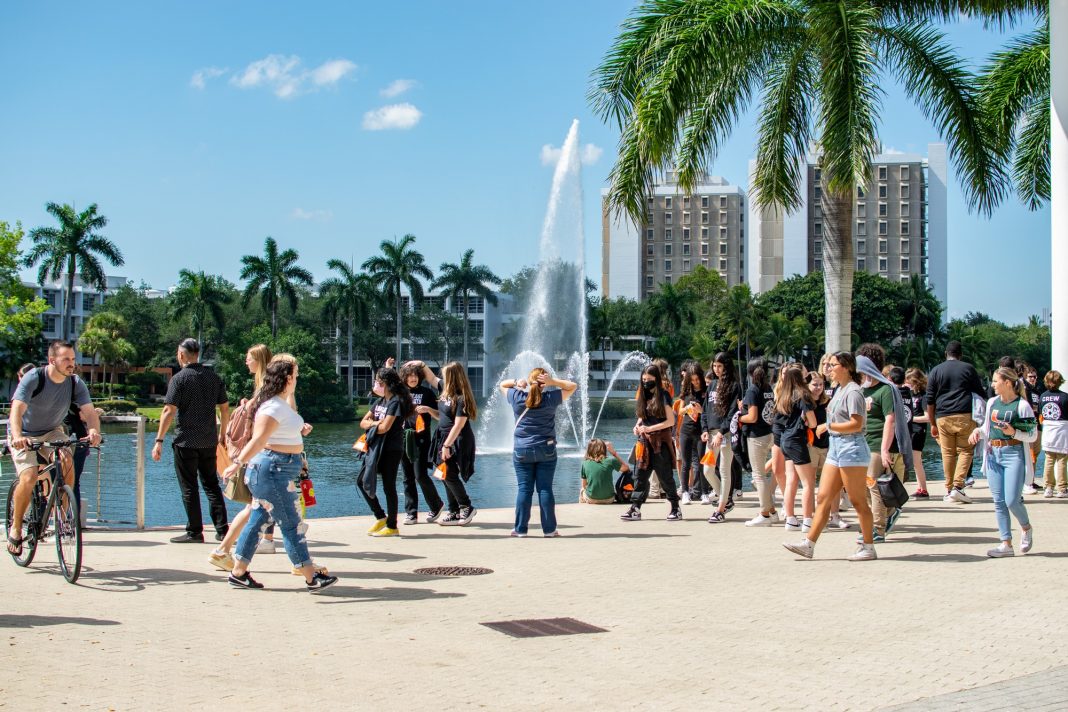
As nationwide discussion on masking and safety measures begins to heat up once again, Philadelphia became the first major city to reinstate its indoor mask mandate on Monday, April 11. The decision came after a 50% increase in reported cases across the city over the 10 days prior.
According to John Hopkins University, the week of April 13 saw a 44% increase from the week prior in the average number of COVID-19 cases reported nationally.
Health professionals point to the COVID-19 variant, BA.2, the relaxation of COVID-19 precautions and waning immunity across the country for the spike in cases.
“What we’re hoping happens, and I believe it will, is that you won’t see a concomitant, comparable increase in severity in the sense of people requiring hospitalizations and death,” said Chief Medical Advisor to the President of the United States Dr. Anthony Fauci in an interview with ABC News on April 10.
Although Fauci said he is confident that the uptick in COVID-19 cases will not be accompanied by an increase in hospitalizations or severe illness, he did warn that COVID-19 mitigation protocol may have to be reinstated to limit the spread of the disease. Included in these protocols is the indoor mask mandate.
The University of Miami removed its indoor mask mandate on March 1 and announced the ending of mandatory twice-a-week testing for unvaccinated students and faculty on April 1.
The university deems someone fully vaccinated if they have received both doses of their initial vaccine and a booster shot once eligible.
At this point, UM has no intentions of reinstating the indoor mask mandate.
“The University’s health and wellness protocols have been, and will continue to be, responsive to the latest trends and public health guidance,” said Erin Kobetz, vice provost for research and scholarship, in an email to The Miami Hurricane.
“At this time, there are no plans to consider any changes to indoor mask mandates. We will continue to communicate any changes to guidance or campus protocols and we appreciate the University community’s understanding, flexibility and commitment to the wellbeing of all ’Canes,” Kobetz continued.
Henry Olano-Soler, student government president of the Miller School of Medicine, said his experience with COVID-19 patients has shown him how essential personal precautions are.
“We’re by no means past this situation we’re in, so as a community we need to see that, and that includes the UM community right?” Olano-Soler said.
“Oftentime we think about the immediate effects that COVID has had on us, but what I see in the hospital everyday is an aspect of it that I don’t think many people get to see, and that’s the indirect effects of the pandemic itself on the health of people, not necessarily just the COVID infection,” Olano-Soler said.






